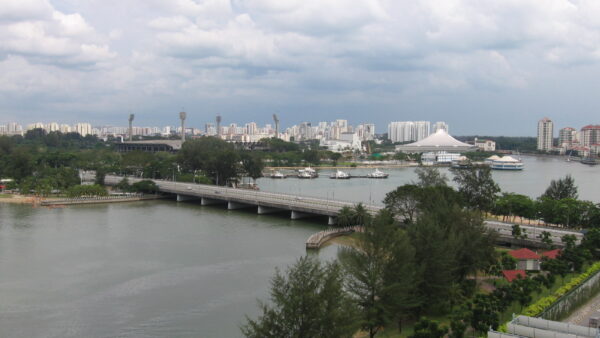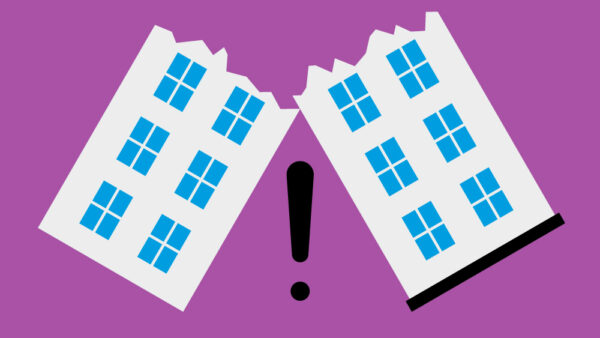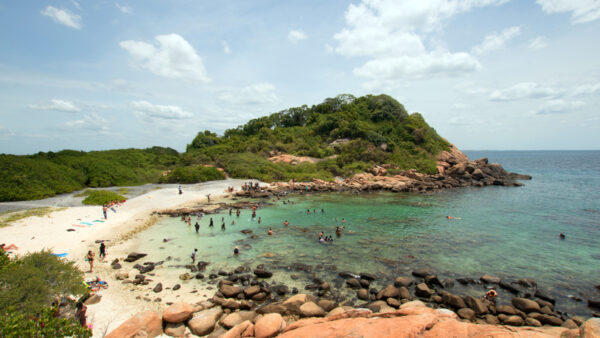Russia’s state nuclear corporation claims it will start mass-producing nuclear reactors to meet growing demand for nuclear power around the world.
“Something we have and nobody else does is that we have learned to replicate nuclear power plants,” said Valery Limarenko, head of Rosatom’s Atomstroyexport subsidiary, speaking during the Rosatom’s annual conference.Â
He said: “The serial production of nuclear power plants around the world is a difficult thing to do, but we have managed it because we are building a series of standard designs with options covering seismicity, climate and the other parameters. Our competitive ability is very high because a company that can build a series of projects, has a very strong position on the market.”
This system enables us to determine how much a project costs in any country with a link to a specific project and a particular place– Valery Limarenko, head Atomstroyexport
Rosatom has had a number of successes in the nuclear market place over the past few months. Earlier this year it agreed a $10.1bn deal to expand Hungary’s Paks power station. It also concluded intergovernmental agreements to build two reactors in India, another two in Iran, and plants in Jordan, Belarus and Kazakhstan.
Last year, Russia signed a secret agreement with South Africa to become the sole supplier for the country’s $80bn nuclear programme for the next 20 years.
It has also agreed to install reactors with a capacity of 2.4GW in Vietnam, and in April it broke ground on the first of three nuclear reactors planned by Turkey.Â
Meanwhile, the government of Finland has scrapped its plan to build a second French-designed reactor at Olkiluoto following the major problems it encountered with its first project. Instead it will commission a Russian plant in Pyhäjoki, in the north of the country.
Limarenko said Russia’s business strategy would rely on its cost efficient design and build process.
“We break down labour costs, price of equipment and price of materials, we know how much we have spent and how much we are going to spend at any moment,” he said. “This system enables us to determine how much a project costs in any country with a link to a specific project and a particular place.”
Nuclear power capacity worldwide is increasing steadily. As of last month there were more than 60 reactors under construction in 15 countries.
One factor underpinning Russia’s nuclear success is the fact that former Warsaw Pact states require Russian expertise to run their Soviet-era plants. Bulgaria, Slovakia, the Czech Republic and the Ukraine rely on Russia to supply their nuclear industries.










